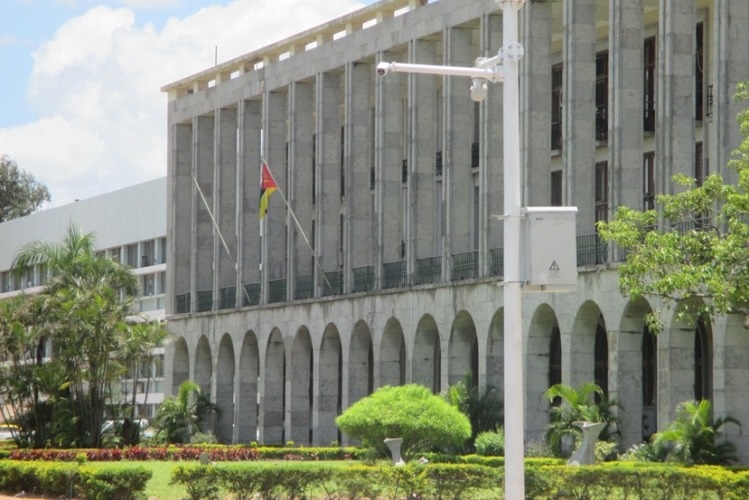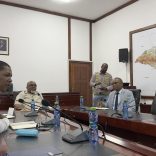Mozambique must adapt to new climate reality - Watch
Mozambique: State debt rose in 2021, has become more sustainable – government

File photo: Noticias
Mozambique’s public debt worsened in 2021, but the government argues that it has become more sustainable, according to the report published by the ministry of economy and finance consulted by Lusa on Thursday.
“This report found the persistence of a significant growth trend both in the stock of debt of the central government and the debt of the state business sector,” the document reads.
Government debt rose by 8 percent to around US$14 billion (13 billion euros), while that of the state-owned enterprise sector grew by around 30 percent to around US$4 billion (four billion euros).
The sum of the two tranches shows that “the stock of public sector debt in 2021 has grown to US$18 billion (17 billion euros), which corresponds to 102 percent of GDP,” the report summarises.
Mozambique thus remains “under the classification of over-indebtedness.
But the government argues that “despite the increase in the nominal stock, preliminary analyses suggest that the performance of the public debt sustainability framework (of the central government, one of the tranches) has evolved favourably.
An evolution justified by the growth of Gross Domestic Product (GDP, up 2.16% in 2021) and the increase in exports, factors highlighted, although “in a magnitude yet to be quantified”.
There was also the deferral of spending of $176 million (166 million euros) thanks to the G20 Debt Service Suspension Initiative (DSSI) to cushion impacts of the Covid-19 pandemic by improving liquidity ratios.
The increase in public debt in the portion that concerns the central government covered the deficit of the state budget, the report explains, in the context of fiscal pressures caused by Covid-19, armed violence in the north and natural disasters (cyclones in the north and centre and drought in the south).
As for the other part, the report states that the increase in debt relates mainly to the financing of the State’s contribution (disbursements to the National Hydrocarbons Company, ENH) in gas projects, and so “the country’s debt trajectory, in the long term, can be considered sustainable”.
The doubt, to which no one has an answer yet, lies in knowing how long the period will be, since the insurgency in Cabo Delgado, in northern Mozambique, has forced the suspension of the gas megaprojects and it is not yet known when they will be restarted.
With regard to the origin of the public debt (internal or external), there was a 26% rise in internal debt “in a context of a low level of external loan disbursements and contracting” which rose 3%, justified above all by data reconciliation operations with creditors.
The relationship with the exterior may grow in 2022 after the signal given with the International Monetary Fund (IMF), which this year will resume financial aid to Mozambique through a specific programme, a modality suspended since the outbreak of the hidden debts scandal in 2016.
The Debt Report published by the Mozambican government includes for the first time an analysis of the performance of Public-Private Partnerships (PPPs), assessing 19 contracts with “a level of contingent risk between ‘low’ and ‘low-medium’, therefore concluding that these PPPs do not represent a significant fiscal risk.”
“Nonetheless, the persistent volatility of the economic environment and business environment points to the need to deepen measures to monitor and mitigate contingent liabilities in order to reduce the impacts of possible adverse shocks on the stability of the economy,” it concludes.












Leave a Reply
Be the First to Comment!
You must be logged in to post a comment.
You must be logged in to post a comment.